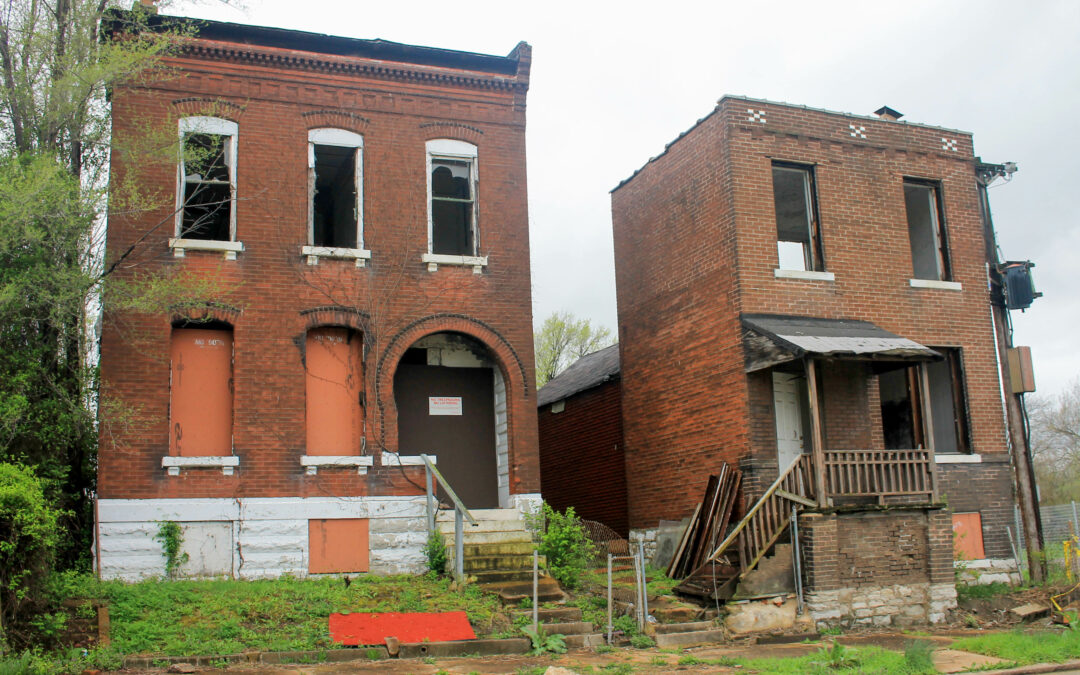On June 13, 2023, the House of Representatives passed HB 255 (124-79), a groundbreaking bill introduced by Rep. Robert E. Merski (D-Erie Co). This bill aims to fund local municipal code enforcement by creating a Municipal Codes Enforcement Grant Program within the Department of Economic and Community Development (DCED). The program will issue grants to eligible municipalities, empowering them to proactively address blighted property conditions.
Municipal Codes Enforcement Grant Program:
HB 255 presents an exciting opportunity for municipalities without a code enforcement program. The bill defines “municipality” as a county, city, borough, incorporated town, township or home rule, optional plan, or optional charter municipality or municipal authority. Grant funds can be utilized to establish code enforcement programs and hire and train code enforcement personnel with relevant certifications. At this point, the bill is unclear on whether municipalities can use grant money to pay code enforcement contractors.
Grant Criteria:
Grants will be awarded based on several key factors, including the demonstrated financial need of the municipality, the overall condition of real property within the municipality, and whether the municipality has intergovernmental cooperation agreements with neighboring jurisdictions for joint code enforcement. By meeting these criteria, municipalities can effectively compete for grants to combat blight (a thing that damages or lowers the value of something).
Matching Funds and Limitations:
Municipalities that receive grants are required to provide matching funds or approved in-kind contributions equal to the granted amount. This ensures a shared responsibility and commitment to the cause. The bill sets limitations on grants, capping them at $100,000 and restricting the same recipient from receiving grants for more than three consecutive years. Notably, HB 255 only creates the Grant Program but does not appropriate any money to fund the Grant Program. As a result, we don’t know how many grants, and how much money, DCED will be able to award.
Municipal Neighborhood Mitigation Fund:
HB 255 also authorizes municipalities with existing code enforcement programs to establish by ordinance a Municipal Neighborhood Mitigation Fund. This local fund will be funded by penalties collected from code violations and serve as a financial resource for effective blight mitigation. The funds will be directed towards activities such as demolitions, cleanups, property repairs, and sealing, with the goal of revitalizing blighted properties and rejuvenating communities. Additionally, municipalities can impose by ordinance a “neighborhood mitigation penalty” ranging from $25 to $250 for a first offense, and subsequent violations may result in fines ranging from $250 to $1,000. The collected penalties will be deposited into the Municipal Neighborhood Mitigation Fund, ensuring reinvestment in the community to tackle blight head-on.


